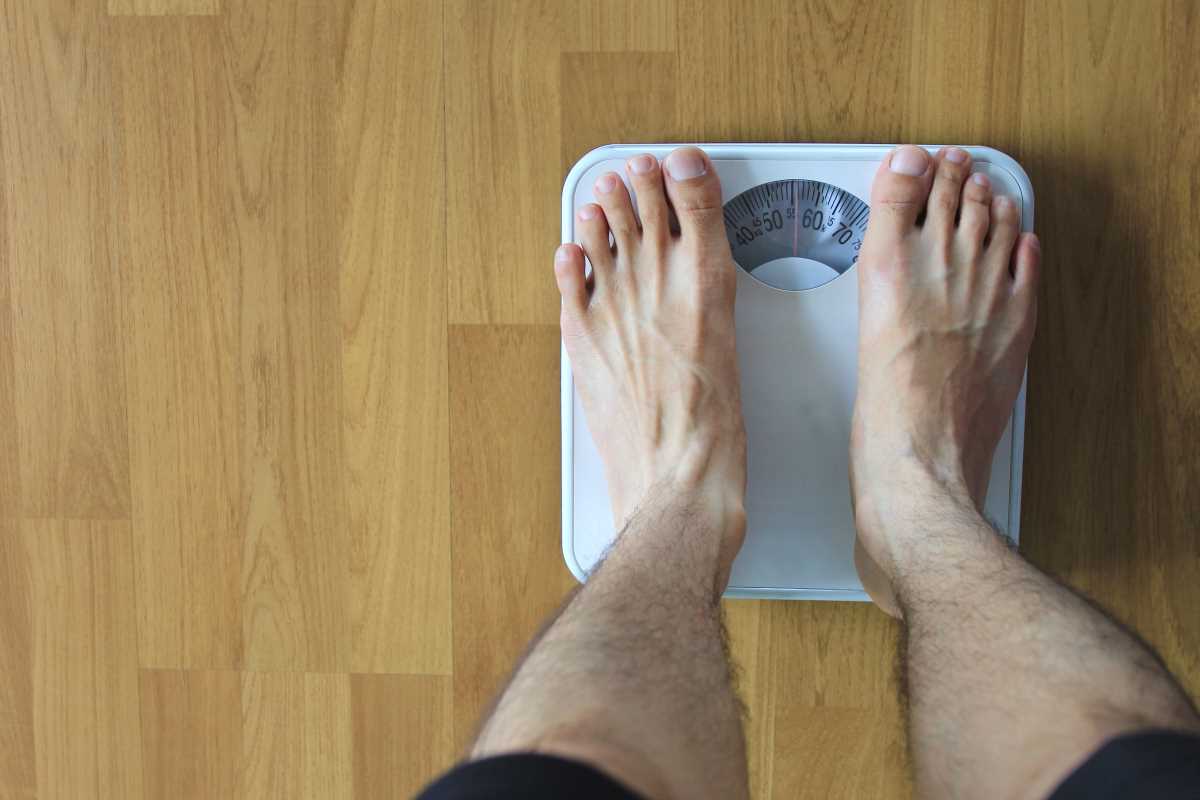Getting a good night's sleep is one of the most valuable gifts you can give yourself, yet, it often feels like a luxury. With the pressures of daily life, it’s easy to fall into a cycle of poor sleep, leaving you groggy and unproductive the next day. However, sleep is essential for your overall health, influencing everything from energy levels and immunity to mood and focus. The good news? Establishing a consistent sleep routine can significantly improve the quality of your rest. Here’s a detailed guide filled with practical tips, examples, and actionable strategies to help you sleep better and wake up refreshed.
1. Create a Sleep-Inducing Environment
Your bedroom should be a sanctuary for relaxation and rest. The space you sleep in directly impacts how well you sleep, so setting it up properly is the foundation of a good sleep routine.
How to Make Your Bedroom Sleep-Friendly:
- Control Lighting: Darkness signals your body to produce melatonin, the hormone that helps regulate sleep. Invest in blackout curtains to keep your room pitch-dark or use a sleep mask if you can’t eliminate all external light.
- Reduce Noise: If noise is a problem, use a white noise machine, fan, or noise-canceling earplugs to drown out disruptions. Soft and constant sounds can help lull you to sleep.
- Adjust Temperature: Sleep studies show that most people sleep best in a room that’s slightly cool, around 60–67°F (15–20°C). Use a fan, air conditioning, or extra blankets to find your ideal temperature.
- Declutter Your Space: A clutter-free bedroom promotes relaxation. Remove distractions like laundry piles, electronics, and work-related items to create a calming environment.
Bonus Tip:
Invest in a comfortable mattress and pillows that suit your sleep style (whether you’re a side, back, or stomach sleeper). The right bedding can make a big difference in how well-rested you feel.
2. Limit Screen Time Before Bed
It’s no secret that screens dominate our daily lives, but overexposure to blue light, especially before bed, can wreak havoc on your sleep. Blue light from phones, tablets, and computers suppresses melatonin production, making it harder for your body to unwind.
Actions to Reduce Screen Time:
- Set a “screen curfew” and turn off all devices at least one hour before bedtime.
- Replace screen-heavy habits like scrolling social media with calming activities like reading a book, journaling, or practicing gentle breathing exercises.
- Use night mode or blue light filters on your devices in the evening if avoiding screens entirely isn’t possible.
Pro Tip:
Consider creating a designated “device parking lot” outside your bedroom. Leaving your phone and other electronics in another room eliminates the temptation to check them during the night.
3. Maintain a Regular Sleep Schedule
Your body thrives on routine, and consistency is one of the most effective ways to establish a healthy sleep pattern. By going to bed and waking up at the same time every day, even on weekends, you help align your body’s internal clock, also known as the circadian rhythm.
How to Build a Consistent Schedule:
- Pick a bedtime and wake-up time that allow for 7–9 hours of sleep, depending on your personal sleep needs.
- Gradually adjust your schedule if needed, shifting your bedtime or wake-up time by 15-minute increments over several days until you reach your goal.
- Avoid the temptation to “sleep in” dramatically on weekends. While an extra 30–60 minutes is fine, too much variation in your schedule can make Monday mornings harder.
Pro Tip:
Set alarms not just for waking up but also for going to bed. A “wind-down reminder” can help you stick to your sleep routine by signaling when it’s time to start relaxing.
4. Avoid Stimulants and Disruptive Habits Before Bed
What you consume in the hours leading up to bedtime can directly affect your ability to fall and stay asleep. Stimulants like caffeine and nicotine are well-known sleep disruptors, but heavy meals, alcohol, and even vigorous exercise can also interfere with restful sleep.
Do’s and Don’ts for Evening Habits:
- Avoid caffeine (found in coffee, tea, chocolate, and energy drinks) at least six hours before bedtime.
- Limit heavy or spicy meals in the evening. If you’re hungry before bed, opt for a light snack like a banana or a handful of almonds.
- If you drink alcohol, keep it to a minimum. While it may initially make you feel tired, alcohol disturbs your sleep cycles, leading to poor-quality rest.
- Schedule workouts earlier in the day. If you prefer to exercise in the evening, opt for calming activities like stretching or yoga instead of high-intensity workouts.
Pro Tip:
Sip on a warm, caffeine-free herbal tea like chamomile or peppermint an hour before bed to help you wind down and relax.
5. Practice Relaxation Techniques
Stress and anxiety are common culprits of sleepless nights. Incorporating relaxation techniques into your bedtime routine can help calm your mind and body, signaling that it’s time to rest.
Relaxation Strategies to Try:
- Deep Breathing: Practice slow, deep breaths using the 4-7-8 method. Inhale for 4 seconds, hold for 7, and exhale for 8. This helps reduce stress and slows your heart rate.
- Meditation: Use guided meditation apps or simple mindfulness practices to clear your mind of racing thoughts.
- Progressive Muscle Relaxation: Starting with your toes, tense and then release each muscle group in your body, working your way up to your head.
- Gentle Yoga: Poses like Child’s Pose or Legs Up the Wall can stretch tight muscles and encourage relaxation.
Pro Tip:
End your day with gratitude journaling. Writing down a few positive moments from the day can shift your focus away from stress and toward a calmer mindset.
6. Address Common Barriers to Sleep
Sometimes, small adjustments aren’t enough, and sleep challenges persist due to factors like stress, noisy neighbors, or even health conditions. Identifying and addressing these obstacles can make a big difference.
Solutions for Common Issues:
- If external noise is a problem, try earplugs or soundproofing solutions like door sweeps or window inserts.
- For restless thoughts, keep a notepad by your bed to jot down worries or to-do items so they don’t keep you awake.
- If you suffer from chronic insomnia, sleep apnea, or other issues, consult a healthcare provider or sleep specialist for tailored advice and treatment options.
Pro Tip:
Establish a no-work rule in your bedroom. Using your bed for activities like answering emails can make it harder for your mind to associate the space with rest.
7. Seek Professional Help If Needed
If you’ve tried various strategies but still struggle to get the rest you need, it may be time to seek professional help. Chronic sleep issues like insomnia or waking up frequently during the night can signal underlying conditions that require medical attention.
When to Seek Help:
- You’ve had trouble sleeping for several weeks or longer.
- Fatigue affects your daily life, mood, or performance at work.
- You experience symptoms of sleep disorders, such as excessive snoring, gasping for air during sleep, or feeling drowsy despite sleeping through the night.
Your primary care physician or a sleep specialist can conduct tests to uncover the root cause of your sleep troubles and help you find effective treatment options.







